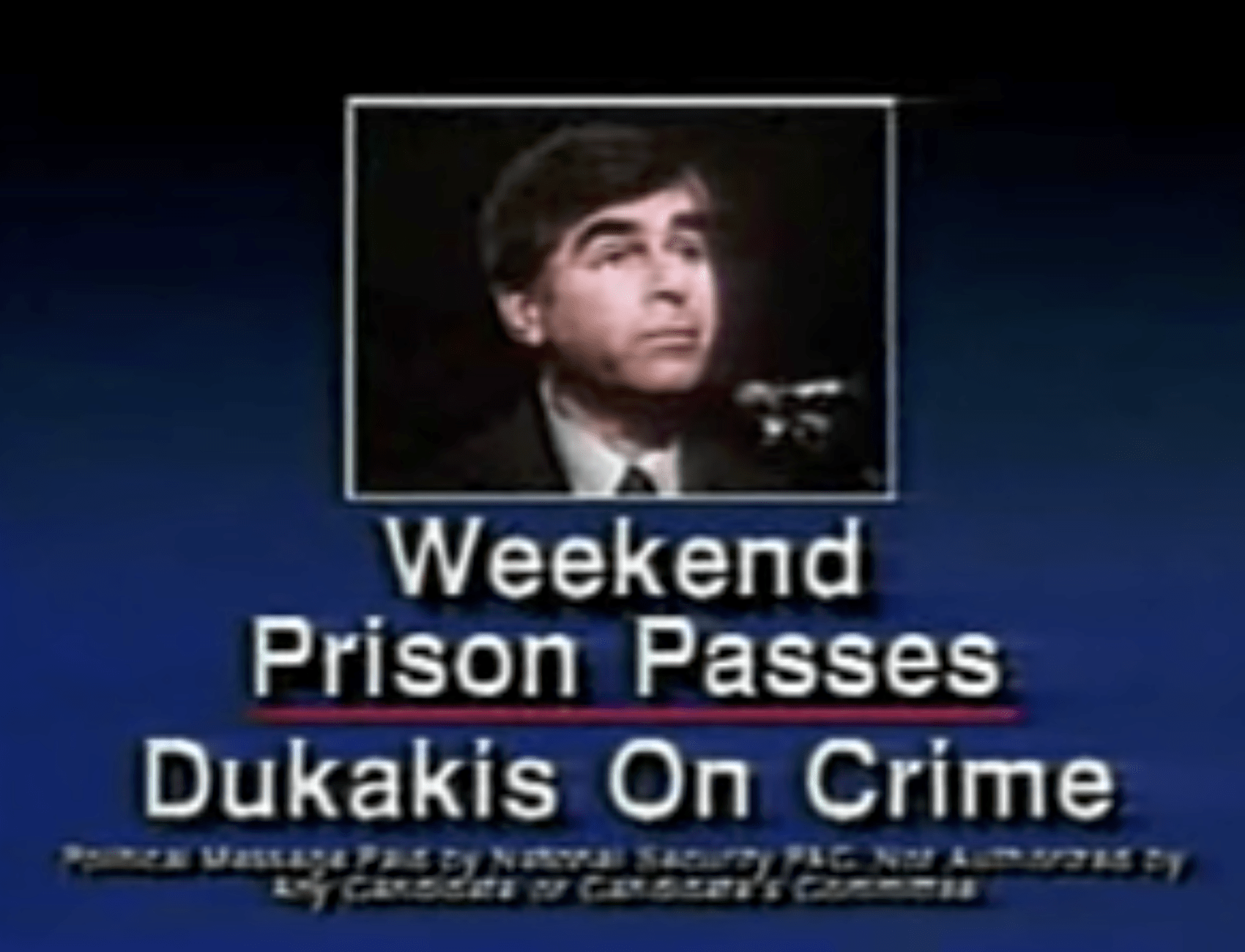Americans Are Getting Tired of Willie Horton-Style Fearmongering
In North Carolina, Attorney General Josh Stein’s Republican opponent painted him as soft on crime. Voters re-elected him anyway.

This commentary is part of The Appeal’s collection of opinion and analysis.
More than 30 years ago, an infamous television ad promoting George H.W. Bush’s presidential campaign wrote a whole new playbook for cynically leveraging racist stereotypes for political gain. In 1988, while Bush, then the vice president, was embroiled in a tight race with Democratic nominee Michael Dukakis, a pro-Bush political action committee premiered “Weekend Passes.” The 30-second ad linked Dukakis, then the Massachusetts governor, to crimes committed by a Black man named Willie Horton while he was on furlough from a state prison.
“Dukakis not only opposes the death penalty—he allowed first-degree murderers to have weekend passes from prison,” the narrator warned, as Horton’s black-and-white mugshot flashed onto the screen. A list of his offenses—“kidnapping,” “stabbing,” and “raping”—blared underneath a picture of Horton in custody as the voice-over described them in lurid detail. The message was clear: A vote for Dukakis would be a vote for all of those horrible things happening all across the country, inundating quiet neighborhoods with hordes of glowering, remorseless criminals unafraid of facing any consequences for their actions.
Perhaps everything you need to know about “Weekend Passes”—its effectiveness, its shamelessness, its staying power in reactionary circles—is that the conservative columnist Ann Coulter praised the saga as Bush’s “finest moment,” and she deemed it “the greatest campaign commercial in political history.”
“Weekend Passes” was devastating for Dukakis, who had already watched his early double-digit polling lead in the race disappear. The Bush campaign, realizing it had struck a nerve, quickly debuted “Revolving Door,” an in-house version of the Willie Horton spot that again portrayed Dukakis as hopelessly lenient on violent crime. “By the time we’re finished, they’re going to wonder whether Willie Horton is Dukakis’s running mate,” boasted Lee Atwater, Bush’s campaign manager. Sure enough, his candidate went on to defeat Dukakis in a landslide.
Since then, politicians casting about for a bump in the polls have repeatedly returned to the same crude stereotypes about crime and criminality in an effort to frighten white voters into lending them their support. And for a long time, those willing to exploit these tropes have watched their decision pay off handsomely. In 2016, Donald Trump was elected president while making largely the same promise Bush did: to protect voters from brown people they imagined to be keen on terrorizing their communities.
This sort of sensationalized coverage directly fuels America’s mass incarceration crisis. For politicians, conventional wisdom dictates that when in doubt, it is more prudent to stump for more prisons, longer sentences, and harsher punishments than it is to suggest that policymakers try something else. Every election became a race to see who could tar one’s opponent with the dreaded “soft on crime” label the fastest, and politicians began preemptively infusing their platforms with ever more draconian vows to crush lawlessness underfoot.
This shift also relegated candidates who might otherwise be inclined to support criminal justice reform to the political sidelines. In the years after “Weekend Passes,” the state-level furlough programs associated with Horton—and used in California during the gubernatorial tenure of none other than Bush’s president, Ronald Reagan—more or less disappeared. Reliance on this rhetoric is not a partisan phenomenon, either: Four years after Dukakis’s loss, Bill Clinton’s 1992 campaign focused heavily on reassuring nervous prospective voters that a Democratic chief executive would be able to keep people safe.
But more recently, there have been encouraging signs that voters are growing skeptical of this particular strain of lazy fearmongering. In this year’s race for attorney general in North Carolina, Republican Jim O’Neill linked Democratic incumbent Josh Stein to “looting, rioting, violence, and destruction,” and to “radical” liberals intent on abolishing the police. The national Republican Attorneys General Association chipped in with an anti-Stein ad that prominently featured ominous images of buildings going up in flames. “Stop the burning. Stop the madness,” it urged.
In the end, none of it mattered. In a state where voters backed Donald Trump for president and Republican incumbent Thom Tillis for Senate, they also re-elected Stein, with 50.1 percent of the vote. He won by a similarly narrow margin in 2016.
O’Neill is only the latest also-ran to learn the hard way that law-and-order bombast has its limits. In Virginia’s last gubernatorial election, Republican Ed Gillespie parroted President Trump’s anti-immigrant screeds throughout the campaign, warning voters of an impending MS-13-induced crime wave. He lost by nine percentage points. In the 2015 race for Louisiana governor, Republican David Vitter ran ads accusing the Democratic nominee, John Bel Edwards, of wanting to release “dangerous thugs” and “drug dealers” into “our neighborhoods;” in 2019, Republican Eddie Rispone’s ads featured footage of Trump ranting about “open borders extremists.” Even in this deep-red state, Edwards defeated them both.
The last four-plus centuries of American life have made abundantly clear that the brand of racism that informs “Weekend Passes” politics is not disappearing anytime soon. But neither is the bipartisan consensus that the criminal legal system is hopelessly broken, and that spending billions of dollars to cage millions of people is an unconscionable waste of public resources and human lives. Voters understand that this country’s Pyrrhic obsession with retribution and punishment has not made anyone safer. Candidates who don’t learn this lesson are just sealing their own fates.
Jay Willis is a senior contributor at The Appeal.
